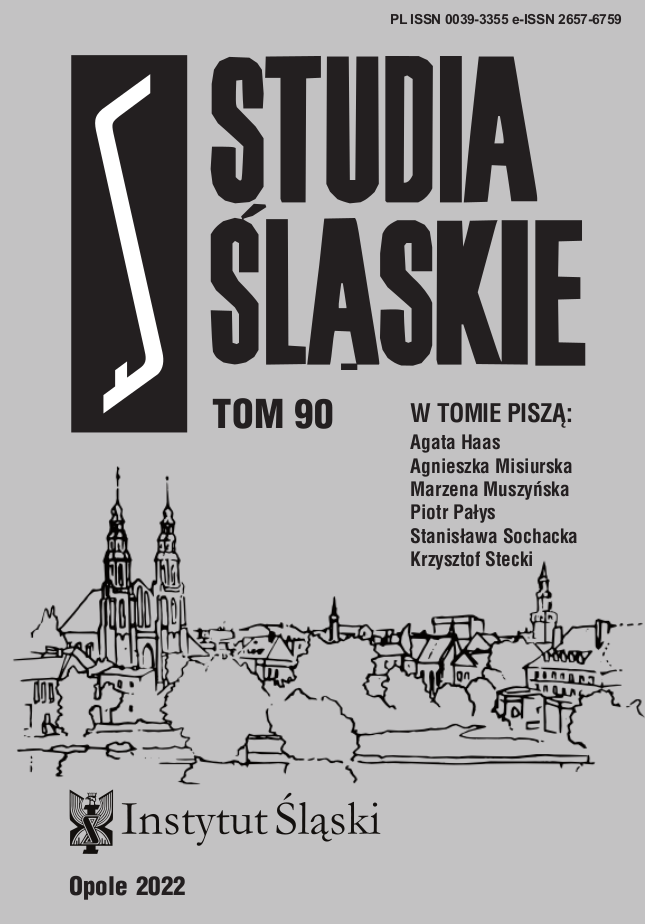Ze studiów nad leksyką pszczelarską
From the studies on apiarian vocabulary
Author(s): Marzena MuszyńskaSubject(s): History, Language and Literature Studies
Published by: Instytut Śląski
Keywords: Apiarian vocabulary; subdialect vocabulary; Silesian subdialect; etymology
Summary/Abstract: The apiarian vocabulary presented in the paper contains mainly entries from all-Polish language and subdialect, mostly Silesian. The current, official and encyclopaedic naming convention is sup plemented with the historical records from the Polish language dictionaries (dictionaries of the ancient Polish, etymologic dictionaries and onomatologic dictionaries) and juxtaposed with the actual speech of practicing apiarists (background survey). Silesian subdialect material (taken from Słownik Gwar Śląskich published by the Silesian Institute in Opole) is compared (for comparative reasons) with the material obtained from the subdialects of other regions of Poland, such as Łęczyca–Sieradz subdialect, Kurpie subdialect and Podlasie subdialect. The linguistic analysis conducted in the paper increases the knowledge on apiarian vocabulary, constitutes novelty for the apiarists’ environment and presents the information an average user of the Polish language can sparsely be familiar with. It demonstrates the discussed vocabulary over centuries: from the most archival linguistic layer, i.e. expressions connected to honey hunting of the Slavic community period (documents from Słownik Prasłowiański), through the source material of the oldest written records (documents from Słownik Staropolski) to the encyclopaedic apiarian terminology (documents from Encyklopedia Pszczelarska). All these contribute to the richness of the contemporary, specialist all-Polish naming convention. The transition from honey hunting vocabulary to apiarian vocabulary (due to the gradual extinction of the profession of a bee-hunter in the first half of the 20th century and the growing popularity of more comfortable stationary apiculture) is associated with the progress and, simultaneously, the growth of vocabulary marked by moving bees to hives. Universality, homogeneity and intelligibility of the vocabulary among beekeepers from various regions of Poland are supported by access to numerous periodicals (“Pszczelarz Polski”, “Pszczelarstwo”, “Pasieka”, “Bartnik Gdański”, “Journal of Apicultural Science”, etc.) and eased over-regional contacts (the Internet guidance and beekeepers’ “common language”).
Journal: Studia Śląskie
- Issue Year: 2022
- Issue No: 90
- Page Range: 61-121
- Page Count: 61
- Language: Polish

